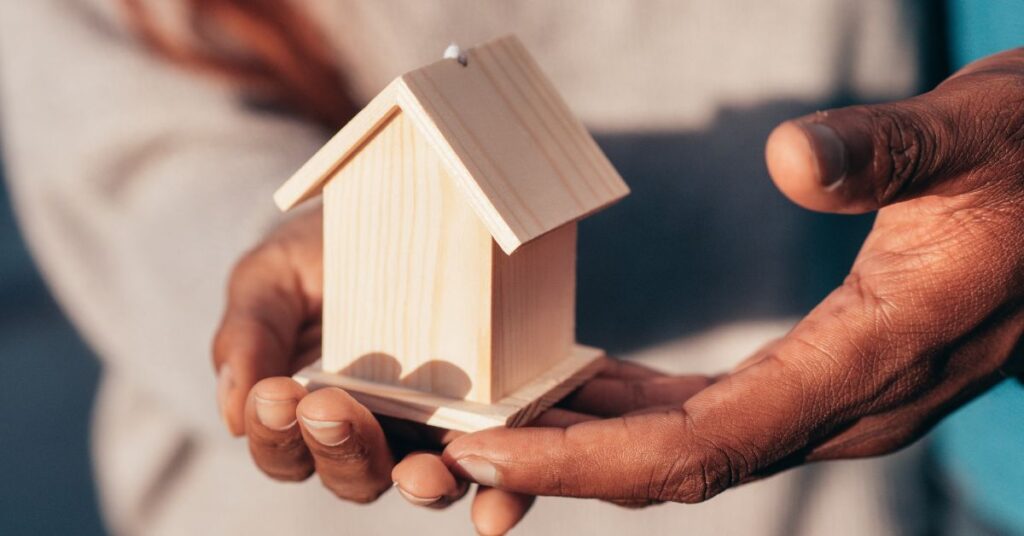Get Expert Financing
- Matched with investor-friendly lenders
- Fast pre-approvals-no W2s required
- Financing options fro rentals, BRRRR, STRs
- Scale your portfolio with confidence
Of all of the underwriting requirements for a mortgage, it’s a good bet you’ve never heard of the term cash reserves. But this is a common lender requirement, that many would-be homeowners don’t learn about until they make an application for a mortgage.
The complication is that while you are saving up money for the down payment on a house, plus any required closing costs, the cash reserve requirement could end up increasing the amount of money that you need to come up with.
The actual cash reserve requirement varies based on the loan type.
Typical cash reserve requirements look like this:
Conventional loans:
Conventional loan reserves are determined by an automated underwriting system, but here are general guidelines.
In all cases, some cash reserves are not a bad thing and can help you get approved.
If you own additional financed properties, the lender will also require additional reserves.
Reserve requirements are:
The home being purchased or refinanced and the borrower’s primary residence is not included in the above.
Someone purchasing an investment property who has five other financed properties would pay 4% of all loans on those properties. So a total debt load of $800,000 across all five properties would require $32,000 in reserves after the down payment and closing costs.
Cash reserves are funds left over in your checking, savings, or investment accounts after paying the down payment and closing costs on a home.
When a lender approves your mortgage, they want you to be able to afford to keep the home and make the payments. So they require you to have extra money available after you close on the new loan. This is where cash reserves come into the picture.
Cash reserves are typically expressed in a certain number of months of your house payment. Your house payment has three major components:
Together, these three components represent your “PITI,” or Principal, Interest, Taxes and Insurance.
The cash reserve requirement will be based on a certain number of months of PITI. So for example, if your monthly PITI is $1,500, and the cash reserve requirement is “two months,” then you will be required to document that you will have at least $3,000 in liquid assets remaining after the closing to cover the reserve requirement.
No one benefits when a homebuyer can’t make payments.
The bank doesn’t want to foreclose on your home. Banks hate foreclosing, contrary to popular belief. They want you to make your payment.
Since new homeowners are typically most vulnerable in the months following the closing, the availability of liquid cash reduces the likelihood of a missed payment, that could spiral into foreclosure.
Get pre-approved to buy a home.No. Cash reserves are liquid assets that belong to you. They are not an extra charge or even an escrow that is held by the lender. You merely need to show that they exist before closing. What you do with that money afterward is completely up to you.
You will document cash reserves with two months of bank and investment statements, just like you verify down payment funds.
Acceptable sources of cash reserves include:
Conversely, some of the sources of cash reserves that are considered to be unacceptable include:
Basically, cash reserves must be your own money and not restricted in any way. That will make them available to meet contingencies after the closing on your loan.
One of the riskiest moves that you can make is to close on a large loan obligation without having any liquid cash available after the fact.
You might find yourself cash-short in any given month after the closing. And, purchasing a new home almost always carries the prospect of unexpected expenses.
So if you run into a lender requirement for cash reserves, don’t fight it – embrace it! It really is for your own good.
Get pre-approved and start looking for homes.Our advice is based on experience in the mortgage industry and we are dedicated to helping you achieve your goal of owning a home. We may receive compensation from partner banks when you view mortgage rates listed on our website.

